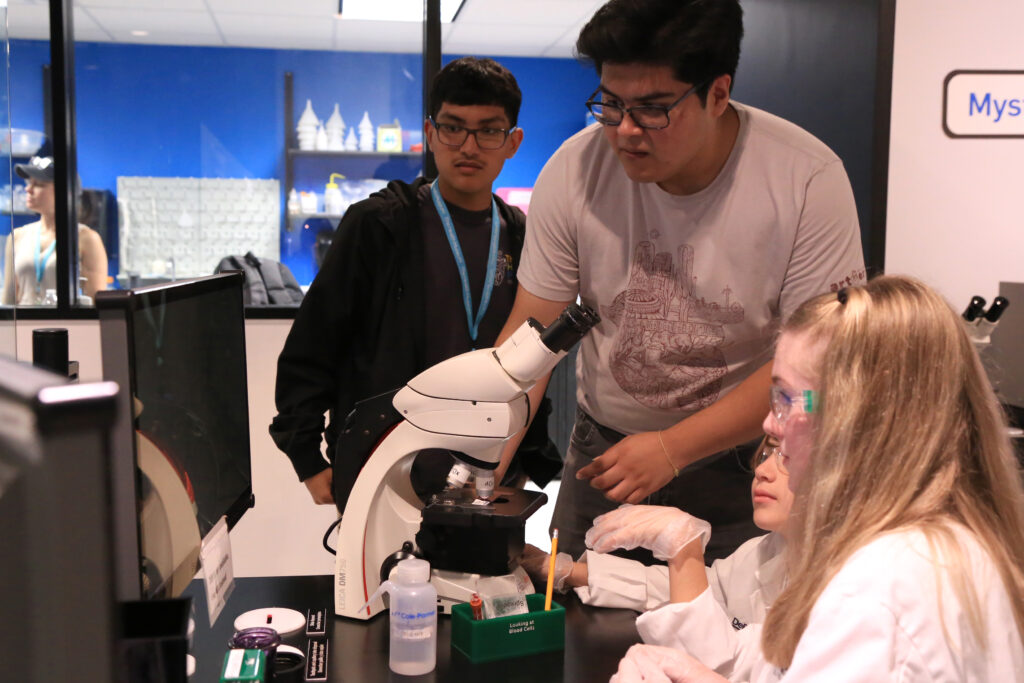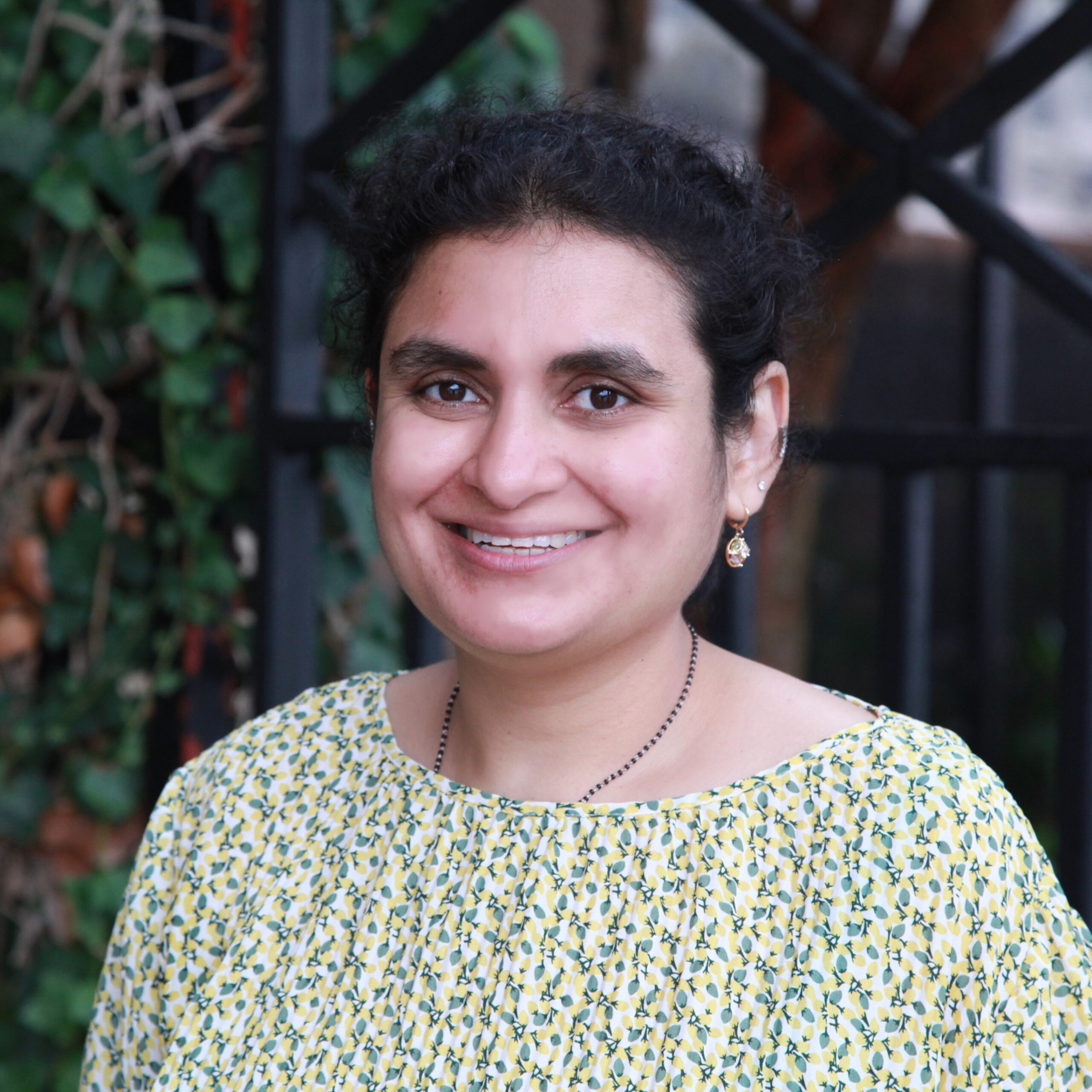Gear up with a lab coat, gloves, and goggles, and travel through experiment stations that get you up close and personal with cellular biology (available in both English and Spanish). You don’t need to be a scientist to enter, but you’ll feel like one when you leave!
DeBakey Cell Lab experience is also available for field trips, Discovery Camps, birthday parties, and private events. Lab guests must be age 7 or older. Guests who are pregnant should exercise caution when entering the lab.


Lab Hours
Monday CLOSED*
Tuesday 11:00 am – 4:00 pm
Wednesday 11:00 am – 4:00 pm
Thursday 11:00 am – 6:00 pm
Friday 11:00 am – 4:00 pm
Saturday 11:00 am – 5:00 pm
Sunday 12:00 pm – 5:00 pm
*Museum is open on Monday’s on Federal holidays and between Memorial Day and Labor Day.
Check museum hours here.
*Last ticket sold 1 hour before closing
Lab Tickets
Members | $3 per person
Non-Members | $6 per person
Each lab ticket permits access to up to 2 of the 6 lab stations per visit. Lab tickets must be purchased in addition to general museum admission.
Due to the presence of chemicals, glassware, and bacteria, all guests ages 13 and under must be accompanied by an adult. All lab participants must be ages 7 or older.
Grades 2nd – 8th & Up
DNA Extraction | 15-20 mins
See long, stringy DNA strands after breaking down cell membranes of a wheat germ.
Cheek Cells | 15-20 mins
Stain and examine a small sample of your cheek cells under a microscope.
Grades 4th – 8th & Up
Examining Blood | 30 mins
Make, stain, and look at a sheep blood smear through a microscope to appreciate different types of blood cells, RBCs, WBCs, and platelets (along with human blood smear samples available in the lab). Or study blood typing with simulated patient blood samples.
Grade 8th & Up
Antimicrobial Agents | 20-25 mins
Determine which common antimicrobial products are the most effective in killing bacteria.
Giant Chromosomes | 40 mins
Stain DNA, learn to examine the DNA in tightly packed chromosomes under a microscope.
Mystery Microbes | 30-45 mins
Identify living bacteria cultures using chemical tests, stains, and a microscope.
Other Ways to Enjoy the Cell Lab
About Dr. Michael DeBakey
The lab is named after the respected and accomplished cardiovascular surgeon and medical pioneer, Dr. Michael E. DeBakey, this interactive bilingual lab experience is designed to make biology-based science experiments accessible to the public and inspire future scientists and science-lab leaders in the medical field.

Sri Lakshmi Chalasani
Content Specialistschalasani@thehealthmuseum.org713-521-1515Please reach out for more information or questions about the DeBakey Cell Lab